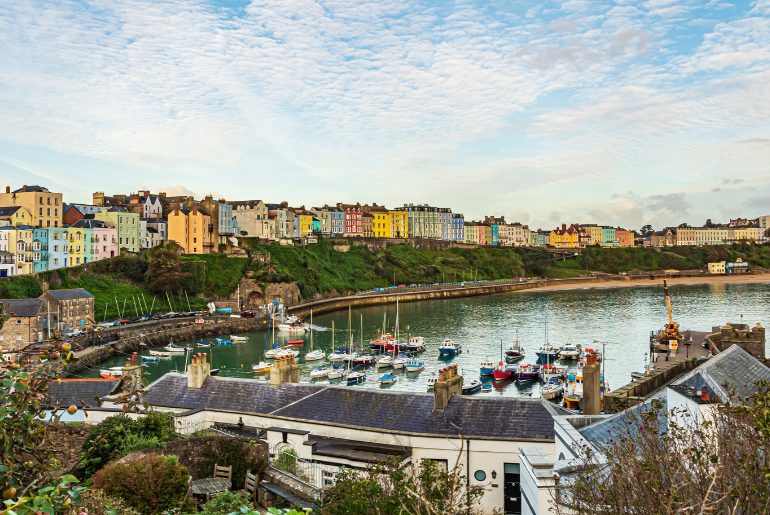Come 2027, visitors staying overnight in hotels, B&Bs, and self-catering accommodations will be charged £1.30 (₹152) per night under a new tourism tax bill passed by the Welsh Government. The Wales Tourism Tax, long debated and now cemented into legislation, is being pitched as a step toward fairness, ensuring the communities that host millions each year aren’t left footing the bill alone.
Wales Initiates Night Tourism Tax

According to Travel And Tour World, the charge is modest in scale but bold in intent. It is aimed at helping fund public services strained by seasonal surges in footfall. For those opting for hostels or campsites, the nightly rate drops to 75p, while people under 18 years of age are completely exempt.
However, not every part of Wales is required to play along, as local councils get the final say in this. Cardiff and Anglesey support the tourism tax and plan to implement it. The rest of the councils are either undecided or opposed. At full scale, the levy could rake in £33 million (₹3,86,10,06,600) a year; this money will be reinvested directly into local communities.
Also Read: What Are Death Cap Mushrooms That Have Sparked A Health Scare In New South Wales?
This Tax Has The Authorities Divided
Predictably, the tax has triggered sharp political division. First Minister Mark Drakeford is standing firm, citing examples from Iceland and New Zealand, where tourism taxes have supported local infrastructure without chasing visitors away. He insists that the fee is a long-overdue correction. It was also pointed out by him that this is the first local tax introduced in Wales in over 500 years.
Plaid Cymru agrees with him and echoes the same sentiment. Luke Fletcher, the party’s shadow economy secretary, called the move a much-needed disruption. He argued that cities like Barcelona had similar growing pains when they introduced tourism levies, but emerged better off for it.
Conservative shadow finance secretary Sam Rowlands has warned that the levy could backfire, pushing Wales down the list of destinations for cost-conscious travellers and damaging jobs in already fragile local economies. The industry, he says, doesn’t want this, and their concerns shouldn’t be ignored, as reported by Travel And Tour World.
As 2027 approaches, the tourism tax remains a contentious but defining move for Wales. It’s a test of how far a country can go in holding tourism accountable. The outcome could reshape not just visitor habits but also how tourism is valued and managed across the nation.
Cover Image Courtesy: gregorylawson/CanvaPro
For more such snackable content, interesting discoveries and the latest updates on food, travel and experiences in your city, download the Curly Tales App. Download HERE. First Published: July 24, 2025 6:16 PM




